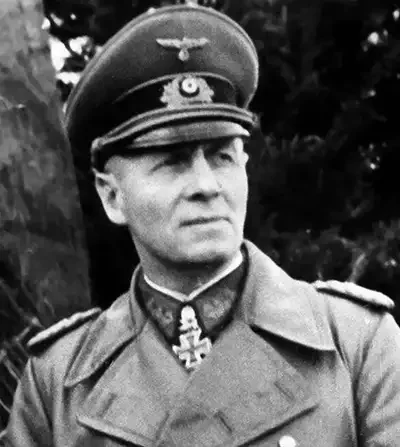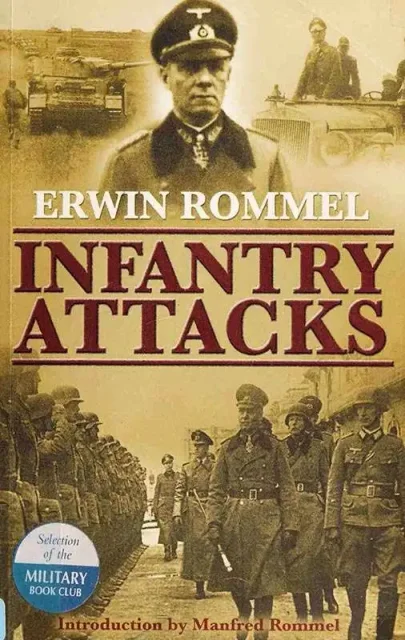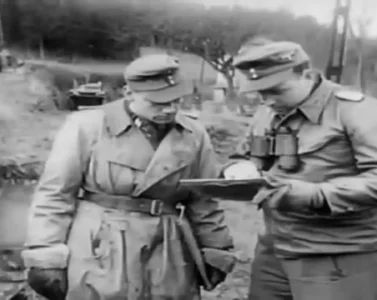- Military History
- Biographies
- Militarians Biographies
- Generalfeldmarschall Erwin Rommel
Generalfeldmarschall Erwin Rommel
The famous Desert Fox (German: der Wüstenfuchs) became the most popular general at home and gained the open respect of his enemies with his spectacular victories as commander of the Afrika Korps in World War II
Rommel personified chivalry and courage in an age of warfare that was generally characterized by brutality. He was born in Heidenheim, Württemberg, and joined the German infantry as an officer cadet in 1910. Commissioned a second lieutenant in 1912, he served in France, Romania, and Italy during World War I.
Rommel was a military instructor at the Dresden Infantry School (1929-1933) and Potsdam War Academy (1935-1938). Still a junior officer, he first came to prominence when he was given responsibility for Adolf Hitler's safety during Hitler's triumphal ride through Prague in 1938. Rommel held this duty again during the German invasion of Poland in 1939.
Promoted to major general on the eve of World War II, Rommel commanded the 7th Panzer Division in the invasion of France in 1940. His brilliance as a battlefield leader was recognized by Hitler and in 1941 he was sent to Libya to command the German-Italian forces there.
During two years in North Africa (1941-1943) Rommel fought against numerically superior forces, dealt with his inadequate supply lines (especially after the British used Malta as an air base) and received conflicting orders from Berlin. Using his personal magnetism to infuse his troops with hope and drive, he outmaneuvered and defeated the British several times, finally capturing Tobruk in 1942. His string of successes ended at El Alamein, where he was defeated by British General Bernard Montgomery.
Recalled to Germany in 1943, Rommel was given command of all German forces from the Netherlands to the Loire River. He worked ceaselessly to fortify the French coast against an Allied invasion, but knew the tremendous odds against him. When the Allied D-Day invasion came in Normandy on June the 6th in 1944, Rommel had two armored units close at hand. However, he could not use them until four o'clock in the afternoon until Hitler gave him permission. By then it was too late, as the Allied Forces had come ashore to stay.
Hoping against hope, Rommel fought on for a month before Allied aircraft fire wound him while travelling in his automobile. Taken to Berlin, he was implicated in the effort to remove Hitler from power. On October the 14th of 1944, he was visited at his home by two generals who offered him a choice: he could either take poison and remain a great hero or he could take his chance with a "people's trial." Rommel made his choice and took poison, dying to protect his family. The Nazi government pretended he had died from his wounds, and Hitler announced a day of national mourning for the fallen hero.
Generalfeldmarschall Erwin Rommel - Quick Facts
- German Empire (1866-1918)
- Germany Nazi (1933-1945)
- Deutsches Heer (German Army 1935-1945)
- Imperial German Army (1871-1919)
- Reichsheer (Reich Army Germany 1919-1935)
- WWI (1914-1918)
- WWII (1939-1945)
- {{#owner}}
- {{#url}} {{#avatarSrc}}
{{name}} {{/url}} {{^url}} {{#avatar}} {{& avatar}} {{/avatar}} {{name}} {{/url}} - {{/owner}} {{#created}}
- {{created}} {{/created}}

























